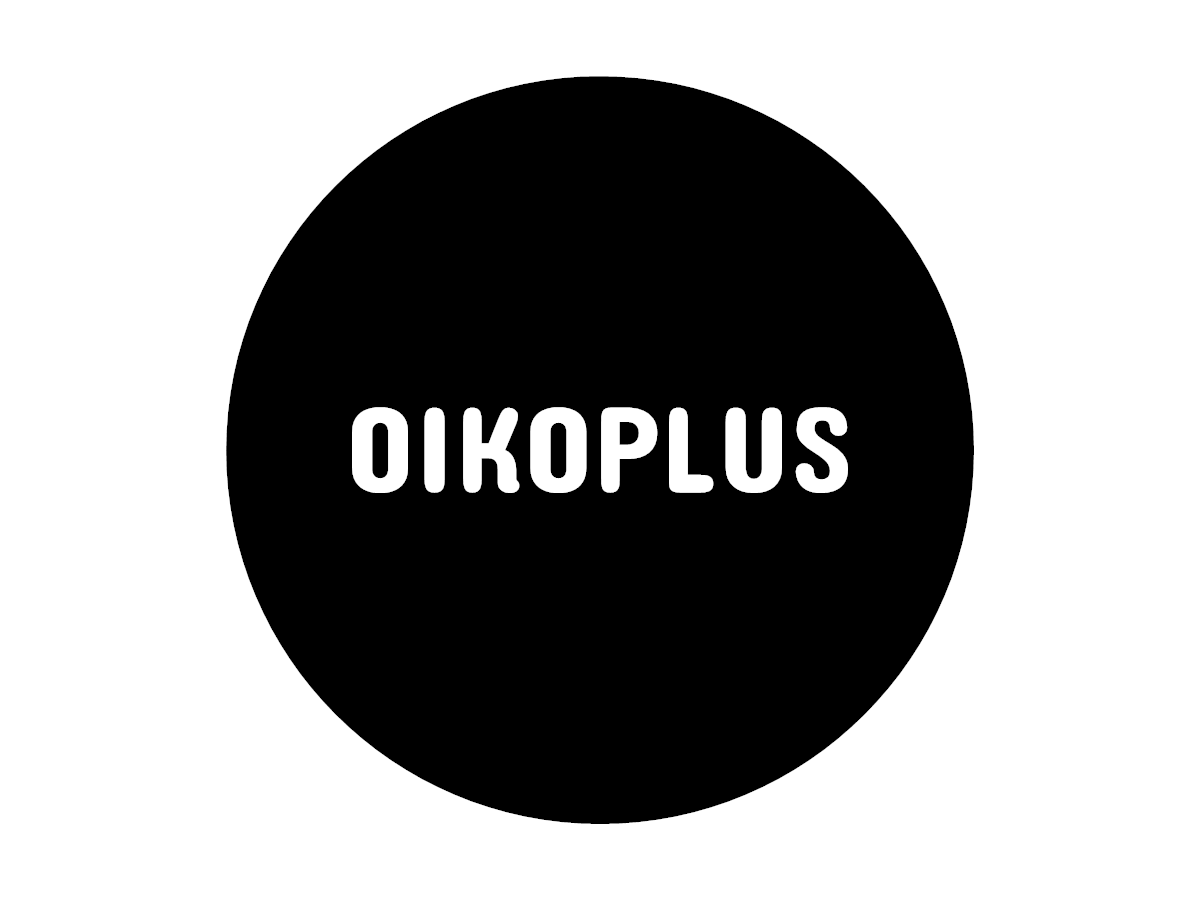July and September are conference months in Europe. During the day, the sun is pleasantly high and outdoor and indoor areas can be used without much extra effort. The mood is good, almost exuberant. At most universities, teaching has either just ended or not yet begun. It is holiday time and depending on the place and interest, some add 2-3 days to the conference. There are others who come sooner. Besides the pleasant setting, however, conferences are also those moments in a scientific career when you need to generate attention for yourself and your scientific work. In a highly fluid context, you get to know your closest allies, your co-authors, and future superiors. In order to do this, however, you have to convince them with your ideas. And that means, above all, getting to the point. This is exactly what this reading list is about.

Getting to the point: English as a twofold barrier
To get to the point means first of all to leave out everything unnecessary. No details but only what is most important for your argument should be articulated. Synonyms are ‘to say something clearly’, ‘to be frank’, ‘not to hide something’, ‘to be clear’, and ‘to express yourself unambiguously’. Not that easy when much of the communication is in a foreign language. In Nature’s career column, Roey Elnathan 2021 (paywall) called for broad-based mentoring programs for aspiring and experienced scientists who publish in foreign languages. According to Elnathan’s, precision and accuracy cannot be achieved otherwise.
But English is only the current lingua franca of science. In the video podcast Languages in Science by MetodieStrategie, Timothy E.L Douglas explains that we have already experienced Latin, German, and French as scientific languages since the 17th century. He speaks for the European-Western and international science community. Most recently, Douglas says, science has become more linguistically diverse again.

Another important point Douglas makes in the podcast concerns the target audience. And here, it seems, native English speakers often find it most difficult to adapt their own language skills to the community. As with writing readable academic texts, knowing your listeners and readers is a prerequisite. They define the framework for the infamous point to which we should bring our argumentation. Complaining at a high level?
I am designing a presentation. So what should be brought to the point?
In short: everything! The introduction, your research question, and, if available, your hypotheses. The methodology. The visual material and your argumentation. No detail that is not needed, no subordinate clause too much. Short sentences delivered at speaking speed, not reading speed, with pauses for breath. Because many present their arguments in combination with text, images, and visualized data, here a reminder: get to the point!
First of all, it should be noted that diagrams, graphs, and also photographs are permissible for communicating knowledge and content within peer groups. At least, that is what Laura Perini argues in Visual Representations and Confirmation (paywall). The images and visual representations that Perini classifies as for the science community are thus unlike the images representing science that the Max Plank Society, for example, offers for sale. They have no point, but aesthetic value? Again, the question of the listeners applies. A picture to trace the history and context, a map to locate, and a graph to show statistical distributions. To keep the latter clear, here are a few meaningful visualizations and the University of York’s DIY Wiki.

Focus on your particular interest: Get feedback, collect ideas and suggestions, forge alliances
Last but not least a tip; a suggestion. After my own first experience on the conference floor, I quickly realized that I sometimes don’t get the kind of feedback I would need. But if your presentation was an argument to the point, then you can expect the same from your listeners. Give them a question to ask. Share what has been on your mind since your last learning and invite them to think along with you. Your own needs should be brought to the point as well. Because only when you return from your conferences with good discussions in your pockets will you find the motivation for preparing for the upcoming conference summer.


